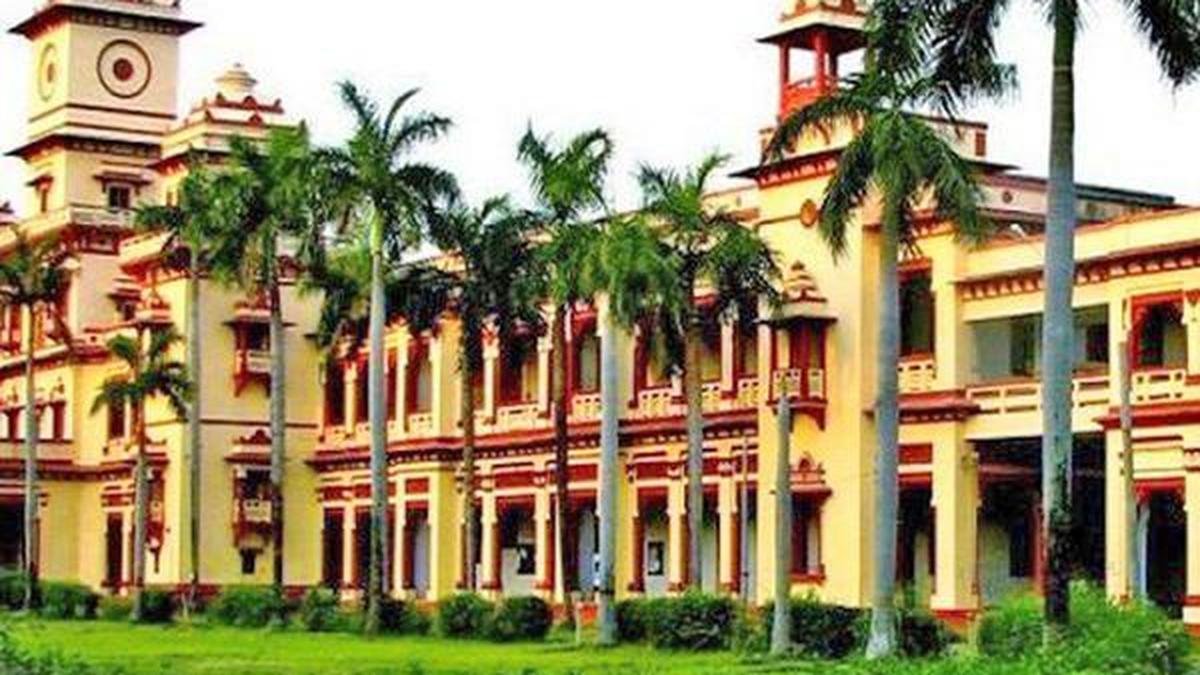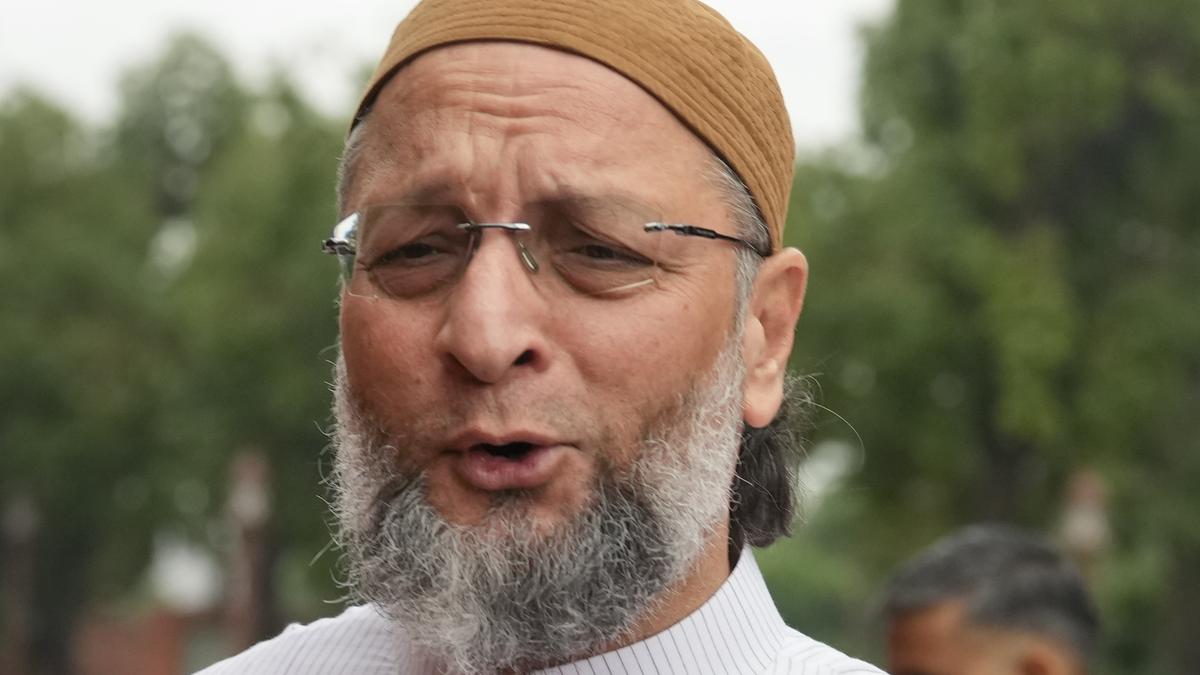Media professionals’ representatives, along with the National Campaign for the People’s Right to Information (NCPRI), said on Wednesday (July 30, 2025) that the Digital Personal Data Protection Act, 2023 and its draft rules were “extremely problematic” and would erode both the right to information and did not protect journalists from identifying people whose wrongdoing they uncover.

The NCPRI has been militating against the DPDP Act’s dilution of the Right to Information Act, 2005’s Section 8(1)(j) for nearly two years, pointing out that the amendment, inserted into the very end of the 2023 data privacy law, would significantly increase the ambit of information that can be refused to information seekers.
‘Diluting crucial rights’
Along the way, starting this February, the collective roped in almost two dozen press bodies around the country, including the Press Club of India, and corresponding press clubs in most State capitals. The Roll Back RTI Amendments Campaign is urging the Union Ministry of Electronics and Information Technology to undo the RTI Act’s amendment, accusing the government of “diluting crucial rights”.
Representatives of the press bodies, including the Press Club of India and the DIGIPUB Foundation, the latter representing many digital-only outlets, met with Union IT Secretary S. Krishnan earlier this month. Mr. Krishnan assured the journalists that the Act would not hamstring their work, said PCI vice-president Sangeeta Barooah Pisharoty, who was present at the meeting. Mr. Krishnan said Union IT Minister Ashwini Vaishnaw would meet the group as well, but no date has been specified for this meeting.

However, this assurance — and an offer by Mr. Krishnan to publish a “Frequently Asked Questions” document responding to these concerns — was met with scepticism by both the journalist representatives and NCPRI as a FAQ has no legal standing on its own, and courts usually only refer to the law as written when hearing disputes.
Justice (retired) A.P. Shah, who has been the chairperson of the Law Commission of India, wrote to the Attorney General that the RTI amendment would be a “seismic shift in India’s transparency framework for the worse”, and that the DPDP Act “significantly harms” the law by enabling “public authorities to deny information simply by classifying it as ‘personal’, regardless of its public relevance or importance”.
Mr. Shah said that another change made by the DPDP Act to the RTI law — which removes a section mandating that information that cannot be denied to Parliament cannot similarly be denied to any other information seeker — legitimises the “information asymmetry between elected representatives and ordinary citizens”. The amendments are “ripe for constitutional challenge”, wrote Mr. Shah.



.png)
.png)
.png)
















 20 hours ago
8
20 hours ago
8








 English (US) ·
English (US) ·